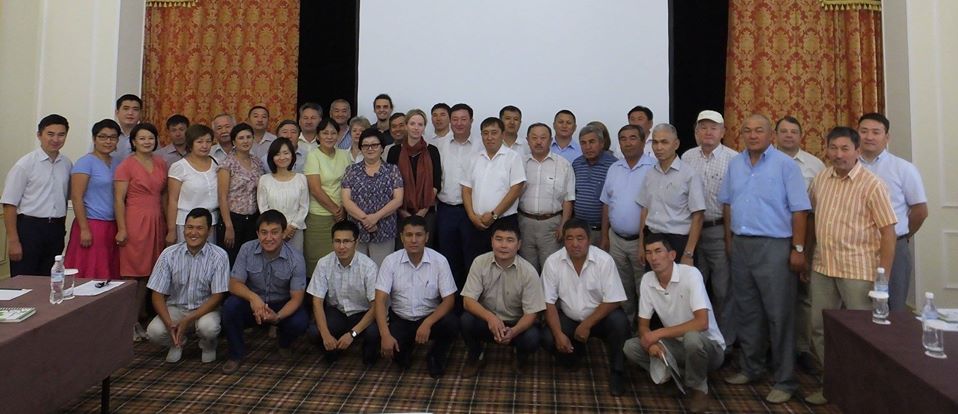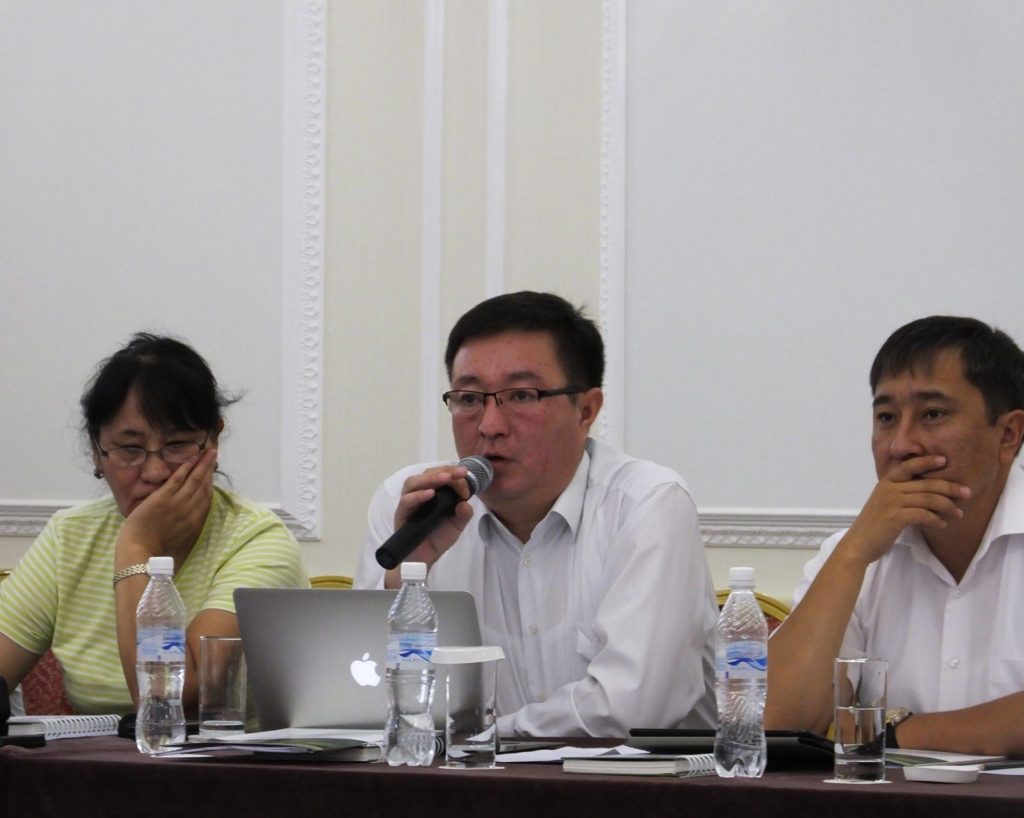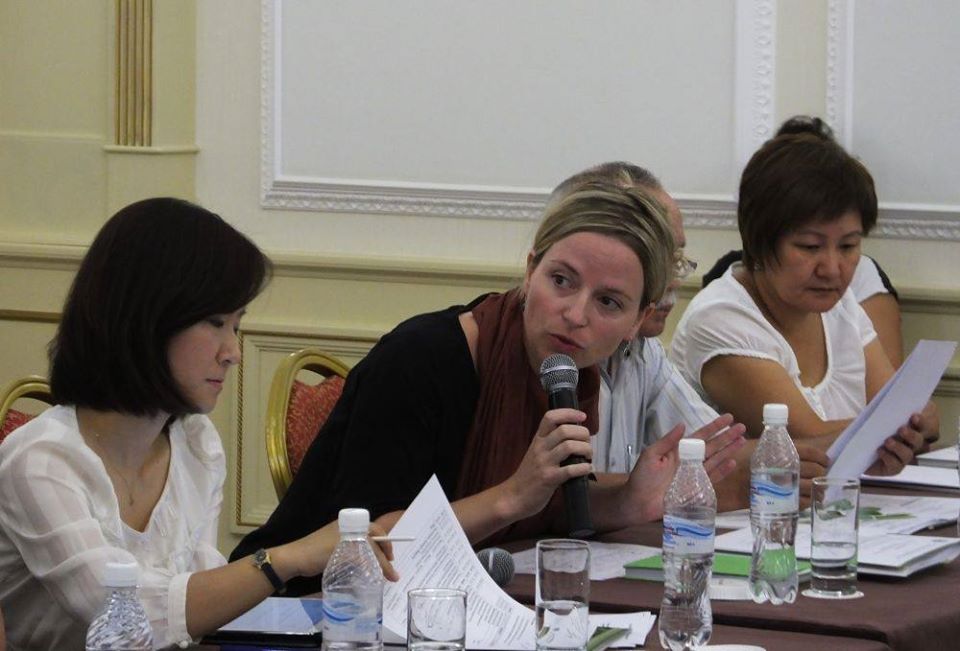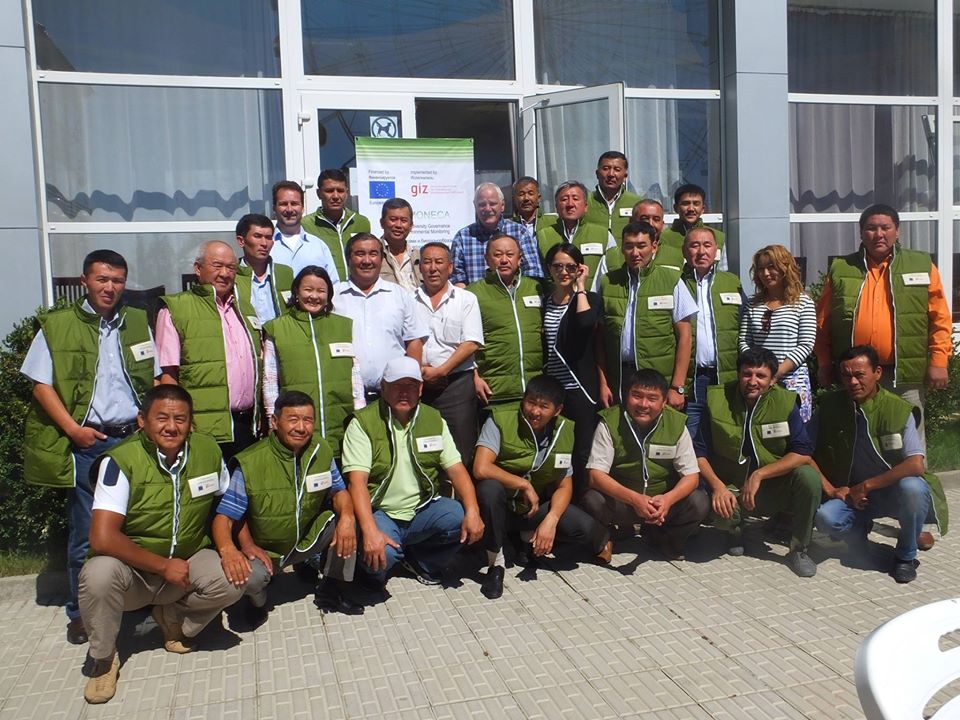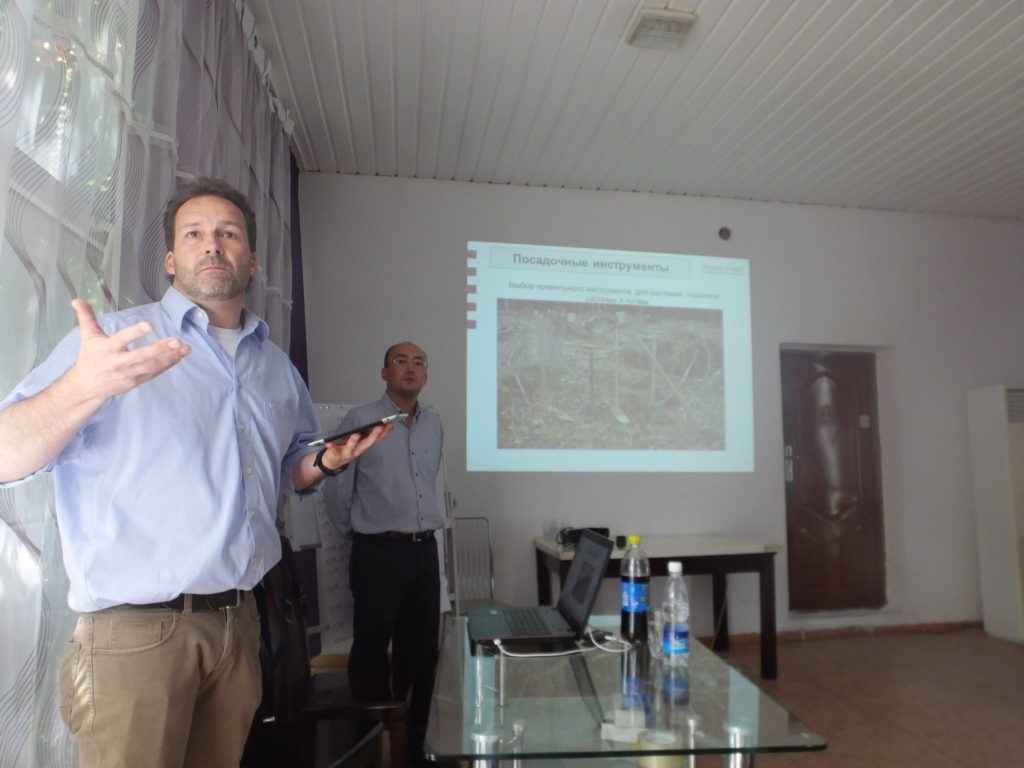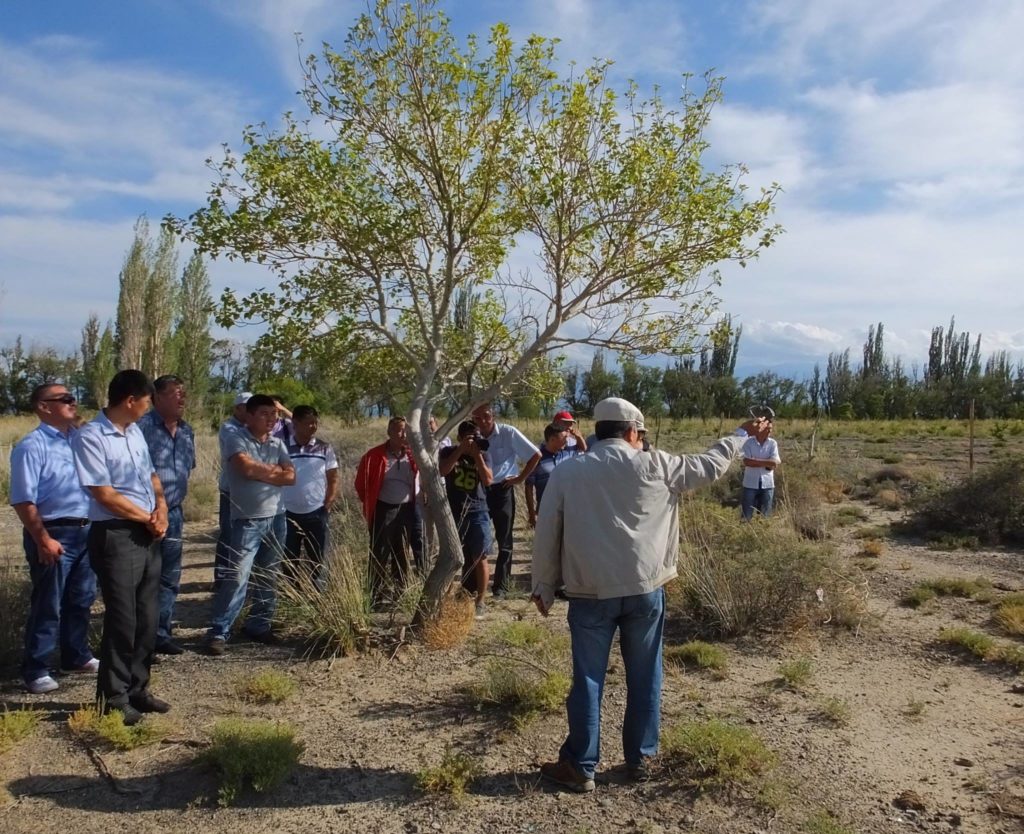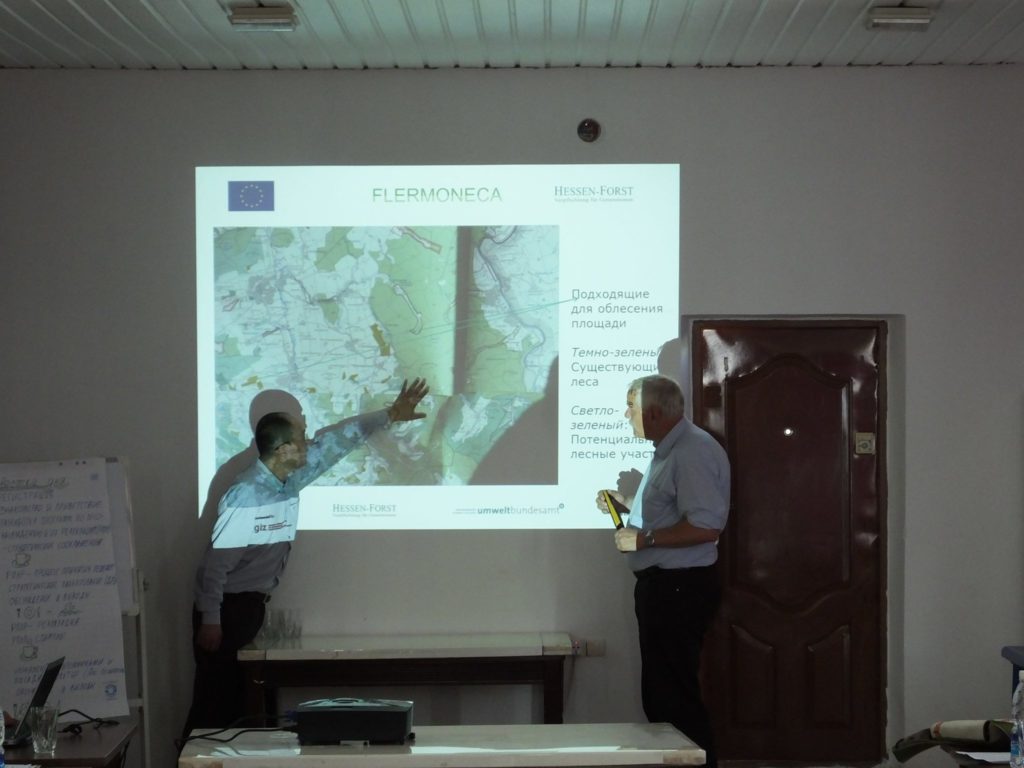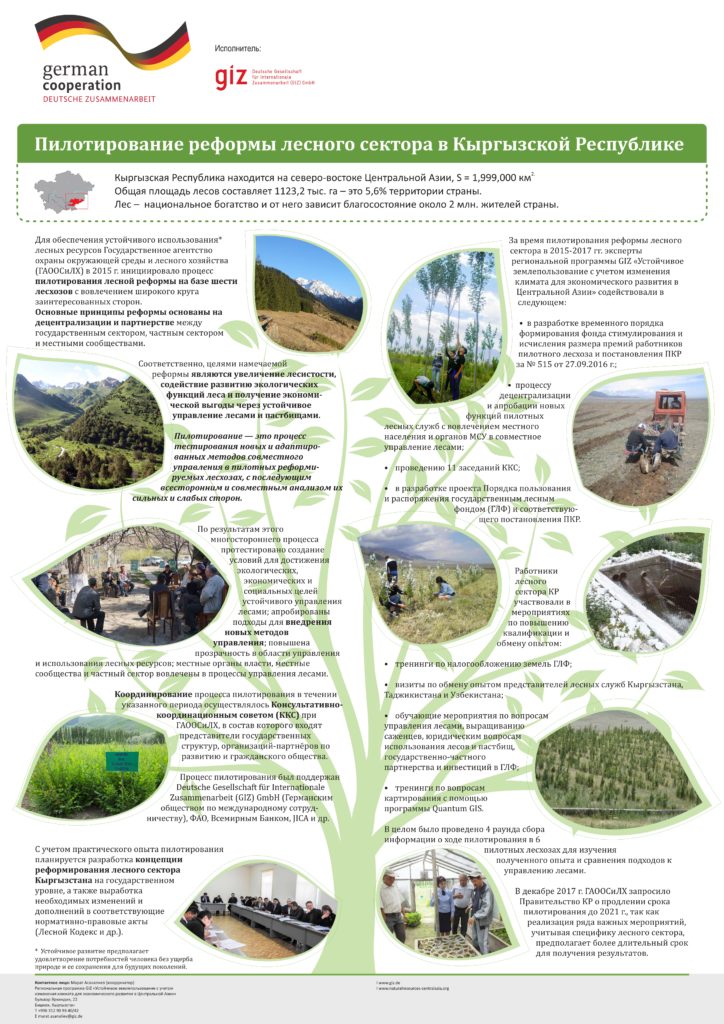In Kyrgyzstan, forests are located in mountain ranges at altitudes from 700 to 3600 m above sea level, occupying only 5.61% of the country’s total area. According to the Forest Code, all forest resources are valuable and protected by the state. However, existing forests are reduced due to negative economic conditions and demographic growth.
To preserve and restore forest areas, since 2015, the State Agency on Environment Protection and Forestry of the Kyrgyz Republic (SAEPF), with the support of the Deutsche Gesellschaft für Internationale Zusammenarbeit (GIZ) GmbH (German Federal Enterprise for International Cooperation) Regional Program, has been piloting the forest sector reform.
The piloting is aimed at testing and adapting innovative methods in forestry management, in six, and subsequently (2017) in 20 pilot forestry enterprises. These new methods provide for the involvement of the local population and LSG bodies in management and decision-making.
It is expected that the reform will result in an increase in forest cover, the development of forest environmental functions and economic benefits for both the local population and the state.
The main tasks of piloting:
- Analyze and assess the current situation in the forest sector of the Kyrgyz Republic;
- Develop proposals for improving forestry and related legislation;
- Test and implement new approaches in forestry financial management by enabling experimental forestry enterprises to distribute and use funds to finance sustainable forest management and personnel;
- Study possibilities of introducing modern methods in forestry management by separating the economic, control and regulatory functions;
- Explore possibilities of introducing new approaches to pilot forestry enterprise management, including those based on the principles of public-private partnership in accordance with the legislation of the Kyrgyz Republic;
- Introduce the principles of a green economy in pilot forestry enterprises;
- Determination of the main directions, methods and terms of the forest reform.
Piloting approaches:
- in agreement with the authorized state body for environmental protection, forestry and hunting, using budget funds (including special ones) in accordance with the objectives of the reform; this also applies to funds released during the reform process in the manner established by the legislation of the Kyrgyz Republics;
- optimizing the forestry internal structure to adapt to sustainable forest management in the region, including a review of the staffing table, functional responsibilities and the personnel management process;
- effectively managing state property of the pilot forest enterprises to achieve sustainable forest management in the manner prescribed by the legislation of the Kyrgyz Republic;
- determining the amount of monetary allowance to employees of pilot forestry enterprises based on the labor participation rate (LPR) and personal labor contribution of employees in accordance with the legislation Kyrgyz Republic;
- channeling resources, including monetary ones, to areas that most successfully ensure the effectiveness of pilot forest enterprises in the manner prescribed by the legislation of the Kyrgyz Republic;
- using income to cover the costs of providing services and maintaining forestry facilities, silvicultural and forestry activities according to the legislation of the Kyrgyz Republic;
- transferring certain silvicultural and forestry operations to entities, including on the basis of public-private partnership in accordance with the legislation of the Kyrgyz Republic;
- organizing and providing tourist and recreational services according to the legislation of the Kyrgyz Republic;
- in agreement with the authorized state body for environmental protection, forestry and hunting, approving plans for the financial and economic activities of entities operating in pilot forestry enterprises.
Four rounds of data collection in six (6) pilot forestry enterprises were conducted as part of the forest sector reform piloting in the Kyrgyz Republic in order to monitor the piloting process, document the experience gained for subsequent analysis and recommendations.
In December 2017, based on the request of the SAEPF to the Government of the Kyrgyz Republic, the piloting was extended until 2021.
